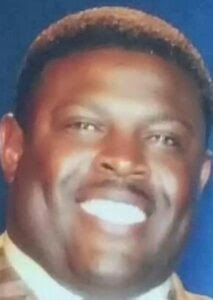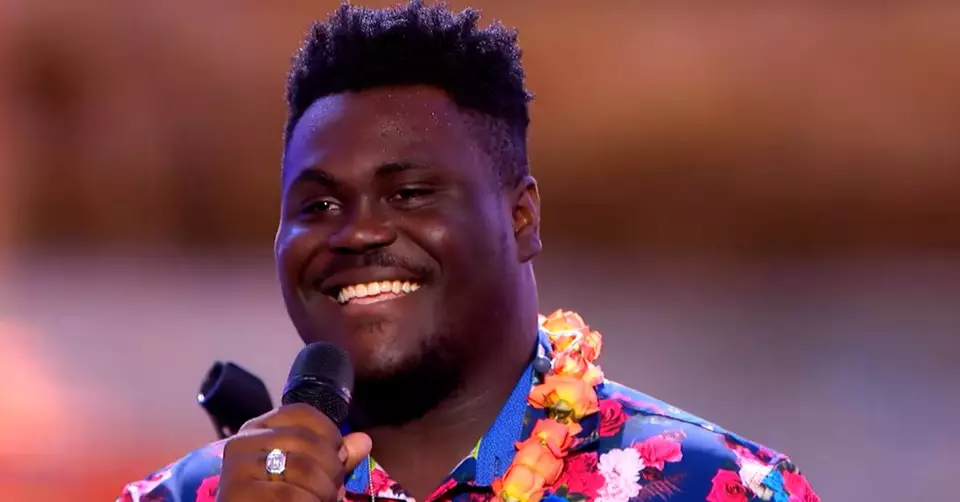Today we’d like to introduce you to Raymond Hicks.
Hi Raymond, we’re thrilled to have a chance to learn your story today. So, before we get into specifics, maybe you can briefly walk us through how you got to where you are today?
I was a highly decorated Broward sheriff deputy receiving the Gold Cross Award, Silver Cross Award and named two-time deputy of the month 1997 and 1999. I spoke out against my former colleagues at the Sheriff’s office who were planting drugs, taking money, beating young black men to the ground, which landed me at the federal prison faced with Natural life imprisonment without parole. I’m hoping and praying that you will help me bring light to my situation. My former department is not providing any explanations, but a tape recording of a wiretapped phone conversation and other documents that are being described as key evidence in my lawsuit filed against the agency have now surfaced after more than eight years.
In response to an April 2006 motion to compel, BSO submitted a sworn affidavit from internal affairs investigator and Commander Joseph Fitzpatrick. “The Broward Sheriff’s Office, through the Internal Affairs Division as well as through the Records Division and Risk Management, has searched for the tape recording which is the subject of Plaintiff’s April 5, 2006 Motion to Compel (and subsequent orders),” wrote Fitzpatrick in an affidavit filed with the court on Feb. 22, 2007. “The Broward Sheriff’s Office has not located the tape and is not presently in possession, custody, or control of the tape,” the affidavit further affirmed. The tape is a recording of a July 23, 1999, wiretapped conversation that took place between Bernard Smith, one of five co-defendants along with myself, in the federal drug trafficking case, and then BSO deputy Bernard Brown, III, who is now a detective in the department. I was accused of providing confidential department information to my co-defendants. During the trial, it was learned that it was actually Brown and not me that is heard during the wiretapped conversation.
Can you talk to us a bit about the challenges and lessons you’ve learned along the way. Looking back would you say it’s been easy or smooth in retrospect?
It’s been very difficult for me these past twenty-plus years trying to get someone to look into my family and I situation but to no avail. So I continue to pray and have faith that one day God will send the right person or persons who will help us. There has to be a reform in Law Enforcement and also accountability and transparency but I’m very optimistic that things will change in due time. Law Enforcement officials are supposed to be the salt of the earth, we set the tone and precedent for the people of society. The struggles that my family and I experienced were losing our home, cars, finances, credit, etc.
Thanks – so what else should our readers know about your work and what you’re currently focused on?
As a young black kid growing up in poverty and raised by my mother, there was stabbing, cutting and she was shot by my father, who served eight years in prison for shooting his friend for touching my Mom’s leg. When I was seven years old, I remember four or five police cars would storm my home looking for my father, who had just finished beating my mother literally to death. I recall them taking me away from the scene and consoling me by showing me their equipment on their waist. That’s when I made up my mind to become a cop and help others.
Do you have any advice for those just starting out?
My advice to Law Enforcement officers who are just starting out would be treat people the way you would want to be treated.
Raymond said that two of his biggest desires in life have always been to be a professional football player and build his mom a big house.
To hear more about Raymond’s story, check out this youtube video:
https://www.gofundme.com/f/raymond-hicks-a-true-story-of-police-corruption



